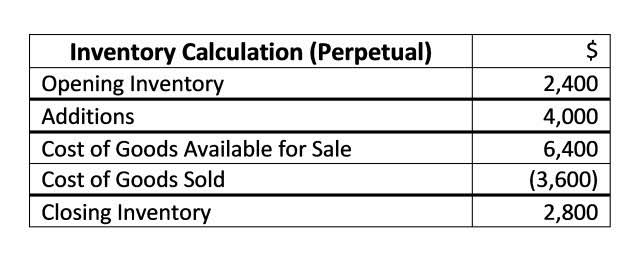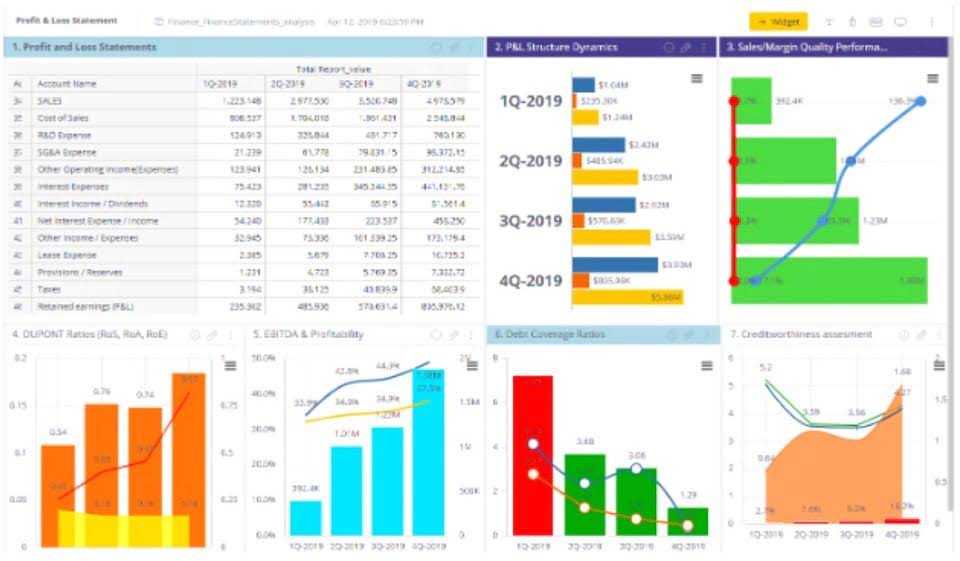
An individual with 5 years of relevant employment with the IRS may apply for enrollment to become an Enrolled Agent (EA) without taking the exam. Whether you’re reading your textbook, watching a lecture, or enrolled agent exam passing score practicing study questions, we connect you directly with other students, instructors, and mentors in the Community. This means you get the help you need with difficult EA exam topics right when you need it.

Frequently Asked Questions (FAQs)
- Learn more about why we’re the No. 1-rated EA Exam Review provider.
- Our full course features 1,800+ multiple choice questions, 40+ video lectures, up-to-date IRS publications, printed textbooks and flash cards, audio courses and unlimited practice exams.
- We also offer additional Enrolled Agent resources to keep tax professionals current and up-to-date.
- The Enrolled Agent exam is designed to test your knowledge of tax law, not your ability to outsmart the test makers.
- The EA exam is a three-part exam that covers individual taxation, business taxation, and representation before the IRS.
- Likewise, with only multiple-choice questions, candidates avoid open-ended and task-based simulation questions.
Of the 100 questions, only 85 contribute to the final score, while the remaining 15 serve as experimental items and do not influence the overall score for that particular part. If you receive a score of 105 or higher, the computer will reveal a “passing” credential. This means you can jump right into review for the next part of the EA Exam.

EA Exam pass rate
Corporations, consultancies, private practices, independent tax preparation firms, legal offices, and more. Unlike lawyers or CPAs who are licensed by individual states, EAs are free to practice anywhere in the country. This list includes tips for before you take the exam, as well as advice for exam day success. As a side note, you typically have to pay to earn CE hours (think conferences, webinars, etc.). With that, you should factor the costs of EA CE into your overall EA budget.
Enrolled Exam Scheduling, Fees, and Administration
The IRS Special Enrollment Exam (SEE) is the easiest of the exams that give you unlimited representation rights to practice before the IRS. The other two exams are the CPA exam and the Bar exam, both of which have significant educational requirements which must be met before you can sit for the test. An enrolled agent, to be considered a tax expert, must “demonstrate a special competence in tax matters” by passing three separate parts to become an enrolled agent.
- Clearly, if you don’t have the necessary IRS experience, then you’ll have to take the EA exam.
- Leaving any questions blank is a mistake when you’re taking this test.
- Phones and electronic devices are also prohibited, even during breaks.
- Specifically, the testing window lasts from May to February of the following year.
- We provide students with unique prep courses for all major accounting credentialing exams, including the EA Exam.
- This is meant to help you understand where you should focus your study and better prepare for success when retaking the exam.
The major requirement is the successful completion of the three-part exam. Ideally, candidates should aim to pass all three parts within one year. You must retake and pass any failed exam parts before applying for enrollment. You can take each exam part up to four times within a single testing window. If you still haven’t passed, you can take it again in the next testing window. However, passing scores are only valid for three calendar years before they expire6.
Techniques for answering MCQs
After registering with Prometric, you’ll be able to schedule your EA exam. As part of this process, you also need to choose a testing center. Luckily, the EA industry offers resources specially designed to help EA candidates get ready for the exam. However, some aspects of the designation may be a bit more confusing. You may already know about the benefits of becoming an Enrolled Agent (EA). For example, you may know that EAs have unlimited representation rights before the IRS.

As a federal designation, EAs can practice anywhere in the US without limitations as to who they can represent or which type of tax matters they can handle. Also, Enrolled Agent is the highest designation the IRS awards. Circular 230, current and prior year versions of IRS publications, forms and instructions are accessible online at IRS.gov.

